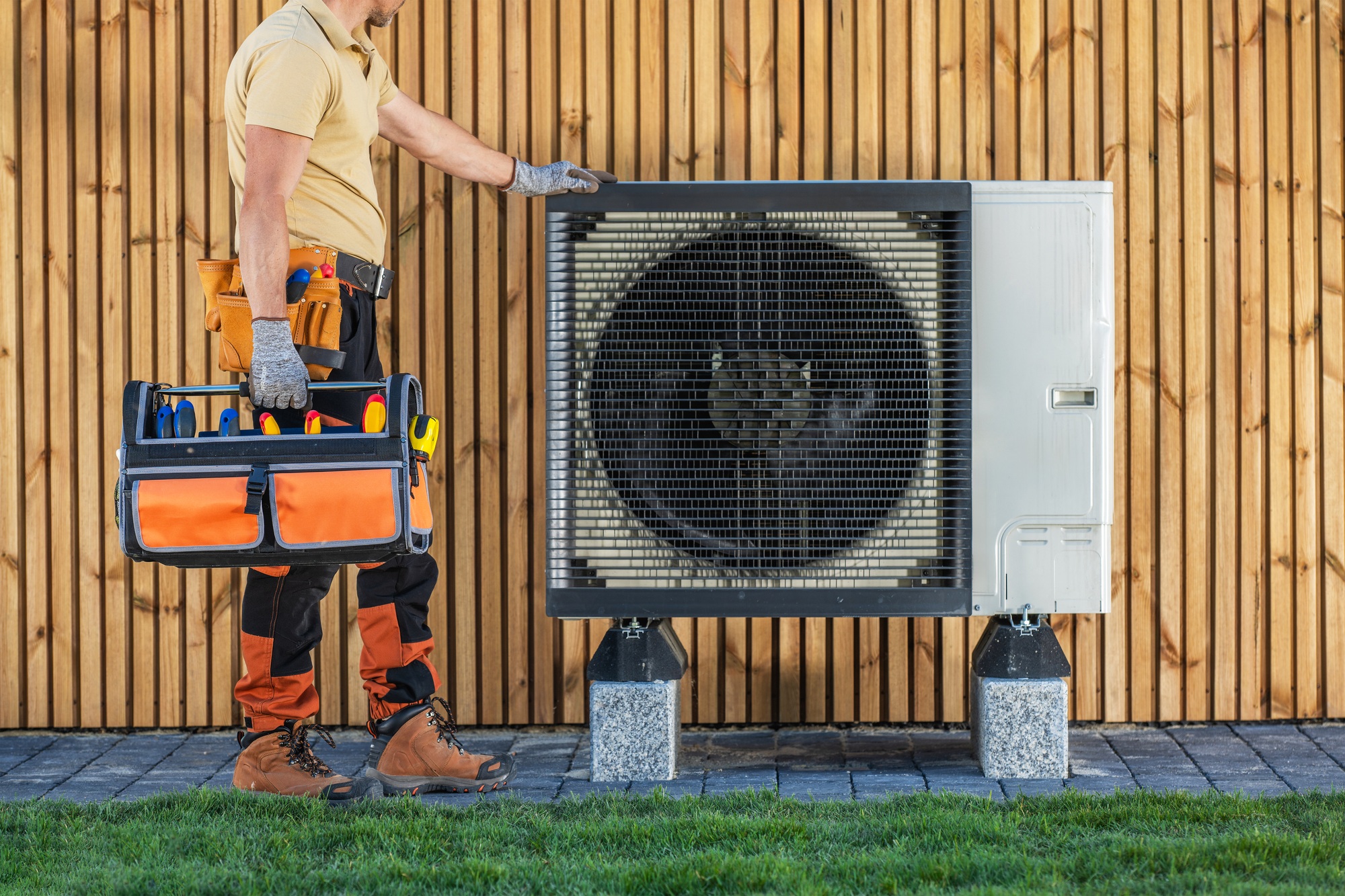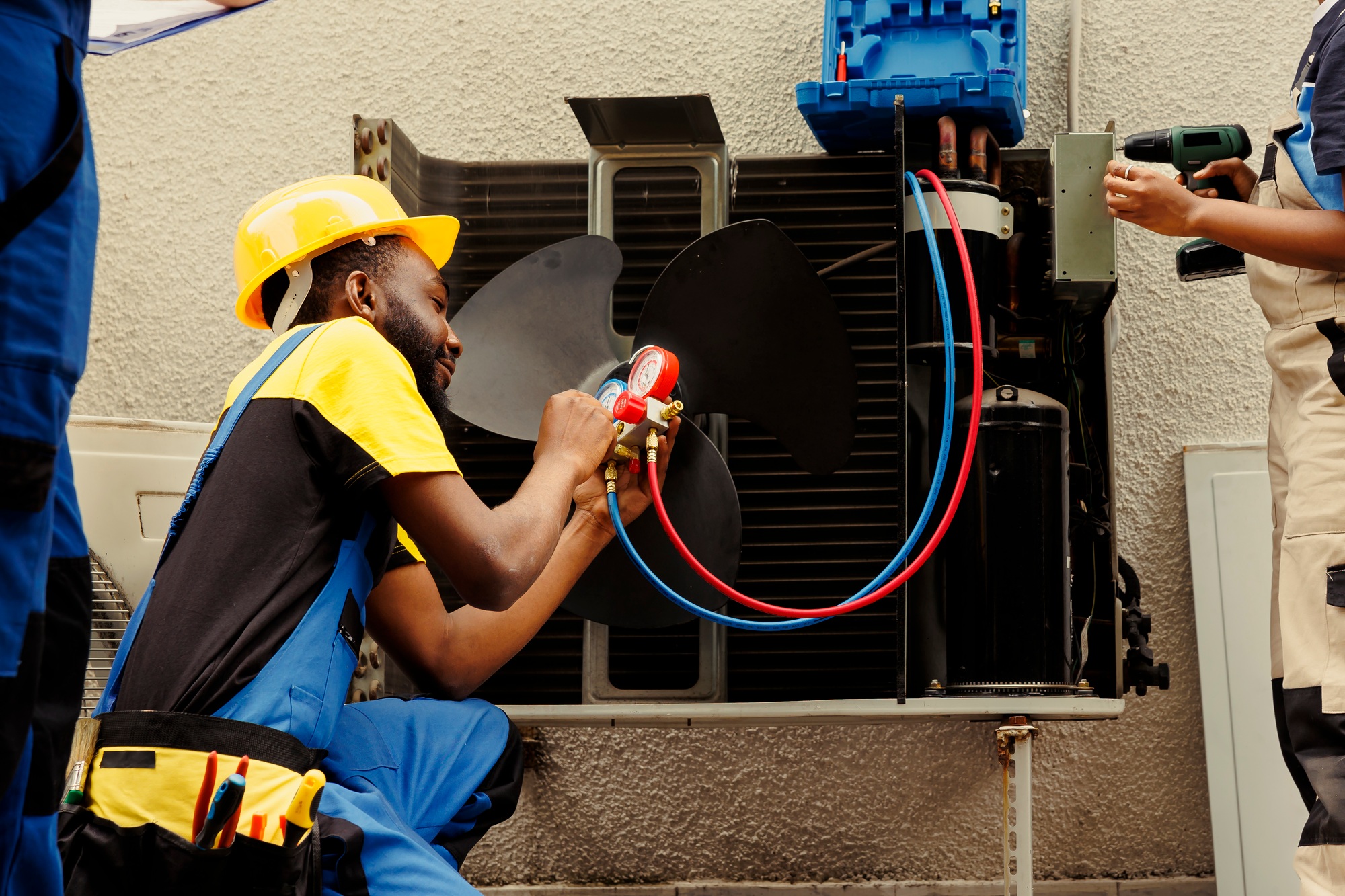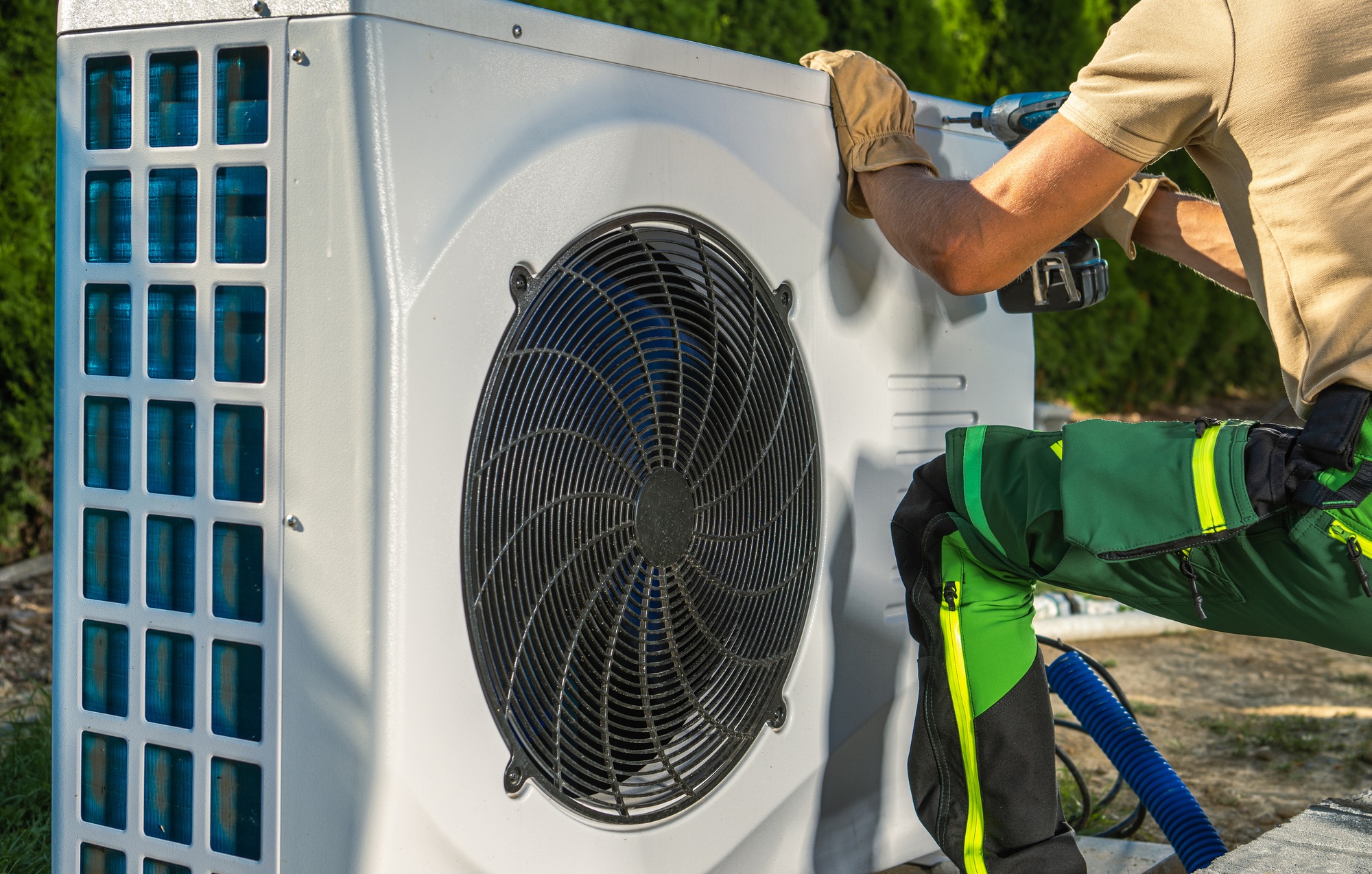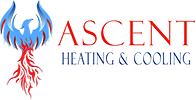Residential HVAC Maintenance

Residential Maintenance Service
Preventative maintenance is the key to a long-lasting and efficient HVAC system. Regular tune-ups can significantly improve your system's performance, energy efficiency, and overall lifespan.
By investing in regular maintenance, you can save money on energy costs, avoid costly breakdowns, and enjoy a healthier indoor environment. Schedule your annual maintenance appointment with Ascent Heating and Cooling today.


Our residential maintenance services include:
- Thorough Inspection: Our technicians will meticulously inspect your system, checking for any potential issues or signs of wear and tear.
- Cleaning and Tune-Up: We'll clean and adjust critical components, ensuring optimal performance and energy efficiency.
- Filter Replacement: We'll replace your air filters to improve indoor air quality and reduce strain on your system. As an added service.
- Safety Checks: We'll perform safety checks to identify and address any potential hazards.
FAQ
5 FAQs for Residential Services
How often should I schedule a maintenance check for my HVAC system?
It's recommended to schedule a professional HVAC maintenance check-up twice a year, once before the heating season and once before the cooling season. This helps to ensure optimal performance, energy efficiency, and longevity of your system.
What are the signs that I need to replace my HVAC system?
Some common signs include:
• Frequent breakdowns
• High energy bills
• Poor indoor air quality
• Weak or inconsistent heating and cooling
• Strange noises or odors
• Visible signs of wear and tear
How can I improve my home's indoor air quality?
Here are some tips:
:
• Change air filters regularly
• Consider a whole-house air purifier
• Keep your home clean and clutter-free
• Use non-toxic cleaning products
• Ventilate your home regularly
What factors affect the cost of HVAC installation?
Several factors can influence the cost of HVAC installation, including:
:
• The size of your home
• The specific HVAC system you choose
• The complexity of the installation
• Any additional services required, such as ductwork or electrical work
• Local labor and material costs
How can I reduce my energy costs with a new HVAC system?
To reduce energy costs, consider the following tips:
:
• Choose an energy-efficient system with a high SEER rating
• Properly size your system to match your home's needs
• Schedule regular maintenance to optimize performance
• Seal any air leaks in your home
• Use programmable thermostats to automate temperature control
• Practice energy-saving habits, such as turning off lights and appliances when not in use
